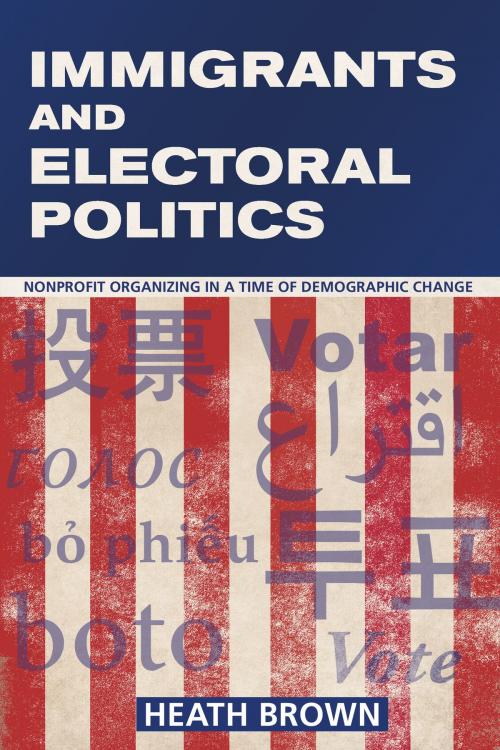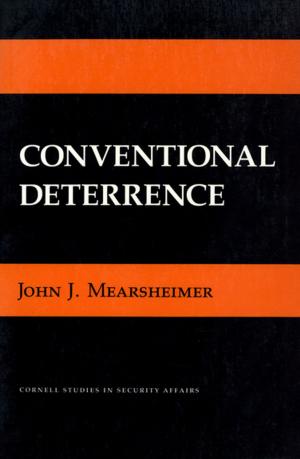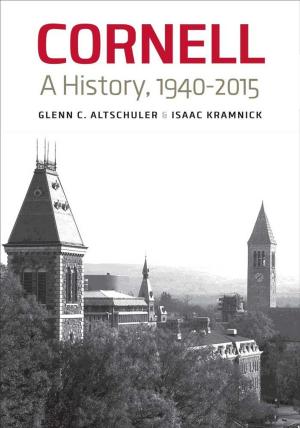Immigrants and Electoral Politics
Nonprofit Organizing in a Time of Demographic Change
Nonfiction, Social & Cultural Studies, Social Science, Cultural Studies, Emigration & Immigration, Political Science, Government, Elections| Author: | Heath Brown | ISBN: | 9781501706479 |
| Publisher: | Cornell University Press | Publication: | August 31, 2016 |
| Imprint: | Cornell University Press | Language: | English |
| Author: | Heath Brown |
| ISBN: | 9781501706479 |
| Publisher: | Cornell University Press |
| Publication: | August 31, 2016 |
| Imprint: | Cornell University Press |
| Language: | English |
In Immigrants and Electoral Politics, Heath Brown shows why nonprofit electoral participation has emerged in relationship to new threats to immigrants, on one hand, and immigrant integration into U.S. society during a time of demographic change, on the other. Immigrants across the United States tend to register and vote at low rates, thereby limiting the political power of many of their communities. In an attempt to boost electoral participation through mobilization, some nonprofits adopt multifaceted political strategies including registering new voters, holding candidate forums, and phone banking to increase immigrant voter turnout. Other nonprofits opt to barely participate at all in electoral politics, preferring to advance the immigrant community by providing exclusively social services.
Brown interviewed dozens of nonprofit leaders and surveyed hundreds of organizations. To capture the breadth of the immigrant experience, Brown selected organizations operating in traditional centers of immigration as well as new gateways for immigrants across the South: Florida, Illinois, Michigan, New Jersey, New York, and, North Carolina. The stories that emerge from his research include incredible successes in mobilizing immigrant communities, including organizations that registered sixty thousand new immigrant voters in New York. They also reveal efforts to suppress nonprofit voter mobilization in Florida and describe the organizational response to hate crimes directed at immigrants in Illinois.
In Immigrants and Electoral Politics, Heath Brown shows why nonprofit electoral participation has emerged in relationship to new threats to immigrants, on one hand, and immigrant integration into U.S. society during a time of demographic change, on the other. Immigrants across the United States tend to register and vote at low rates, thereby limiting the political power of many of their communities. In an attempt to boost electoral participation through mobilization, some nonprofits adopt multifaceted political strategies including registering new voters, holding candidate forums, and phone banking to increase immigrant voter turnout. Other nonprofits opt to barely participate at all in electoral politics, preferring to advance the immigrant community by providing exclusively social services.
Brown interviewed dozens of nonprofit leaders and surveyed hundreds of organizations. To capture the breadth of the immigrant experience, Brown selected organizations operating in traditional centers of immigration as well as new gateways for immigrants across the South: Florida, Illinois, Michigan, New Jersey, New York, and, North Carolina. The stories that emerge from his research include incredible successes in mobilizing immigrant communities, including organizations that registered sixty thousand new immigrant voters in New York. They also reveal efforts to suppress nonprofit voter mobilization in Florida and describe the organizational response to hate crimes directed at immigrants in Illinois.















